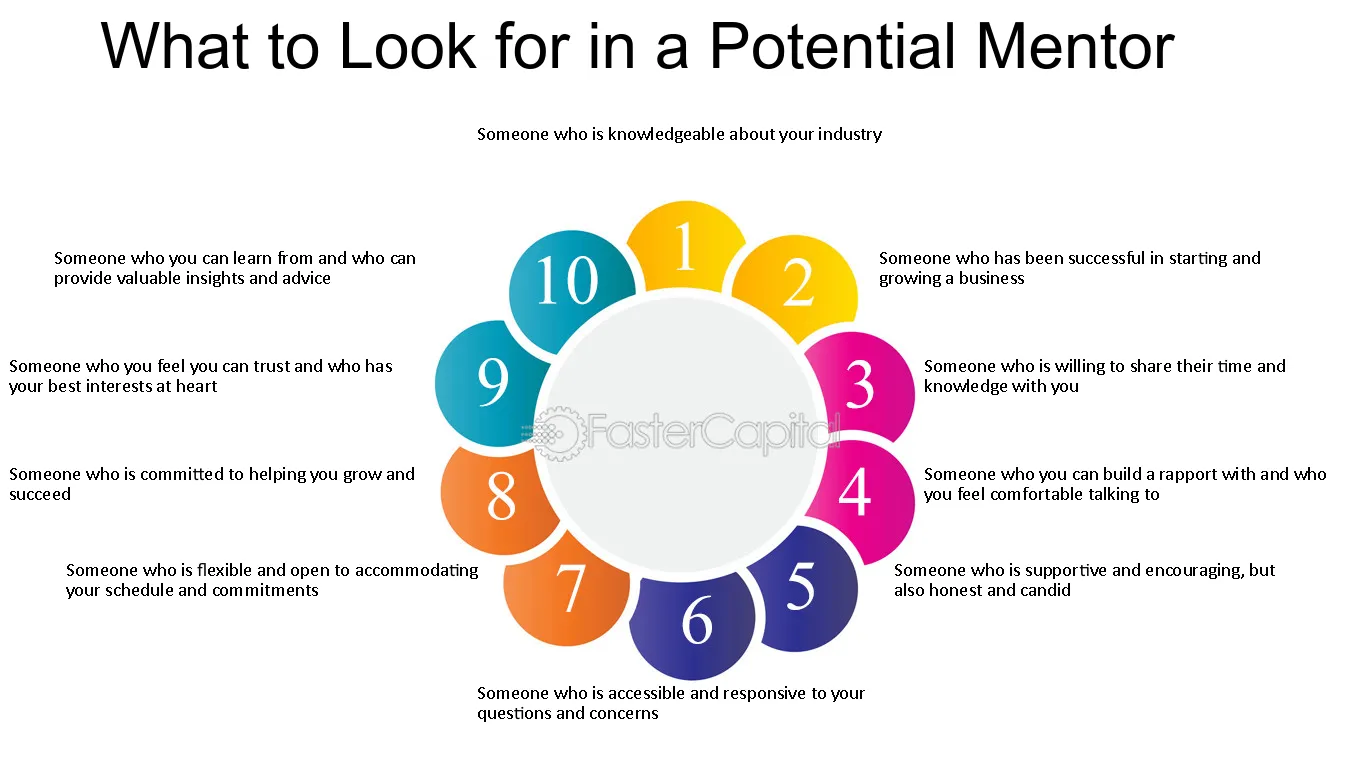Top 10 qualities to look for in a start-up mentor – Page 2 of 2 – StartupSmart
6. More than one of them
Having a trusted mentor you can turn to and confide in is valuable but in reality it’s likely that you will have to turn to several different sources in order to get the best help available.
“With PushStart I have a cup of coffee with an entrepreneur once or twice a week and I’m always aware there’s someone more knowledgeable than me on certain areas,” says Antulov.
“One start-up hadn’t launched its product and asked me about patents. I’m not a patent attorney but I knew someone he could talk to.”
7. A long-term relationship
While you may need to be a little promiscuous to get the advice you need you should be aiming to have one or more mentors who are in it for the long haul.
“Sometimes, one hour with a lawyer or accountant, who is acting in a mentor capacity, can be enough to help you out for six months,” says Antulov.
“But one mentor who you can catch up with regularly can provide long-term benefits for your business.”
8. Two-way respect
Like any relationship, you want to be able to get on well with your mentor. An abrasive, grumpy mentor is the last thing you need.
“You want to have a rapport with your mentor,” says Birt. “Make sure that you get along with them like any new friend. Get them excited about working with you.”
But respect cuts both ways.
“Don’t be demanding and say ‘well, what can you do for me?’ ” advises Birt. “If mentors don’t like you they won’t bother seeing you again.”
Antulov adds: “It’s best if both parties benefit. Being courteous is one way to give back, as it were. Often start-ups don’t have cash or equity to give so courtesy goes a long way.
“I had a meeting recently with someone whose office is 10 minutes away. Within eight minutes I had an email saying ‘thank you for your time’. That was all the thanks I needed.”
9. A good network
Unless you have an advisory board, which should cover all of the bases when it comes to the start-up advice you need, you will require your mentor to utilise his or her contacts to deliver specialist advice.
“You will need a mentor who is well connected,” says Antulov. “Again, LinkedIn is a good tool. I invariably check anyone I meet on there and I will call common links to find out about them.
“That said, an hour with even a poorly-connected mentor should be of some value to you.”
10. Ask the right questions
You may have a myriad of quandaries and problems that require counsel, but your mentor isn’t a one-stop shop for all of your problems.
“You want to discuss important strategic stuff with your mentor, not ask them which accountancy software to use,” says Birt.
“Don’t waste your and their time. Ask them about your go-to market strategy, a partnership agreement you’re considering, a rebrand or how to cut down a long sales cycle. Things like that.”

